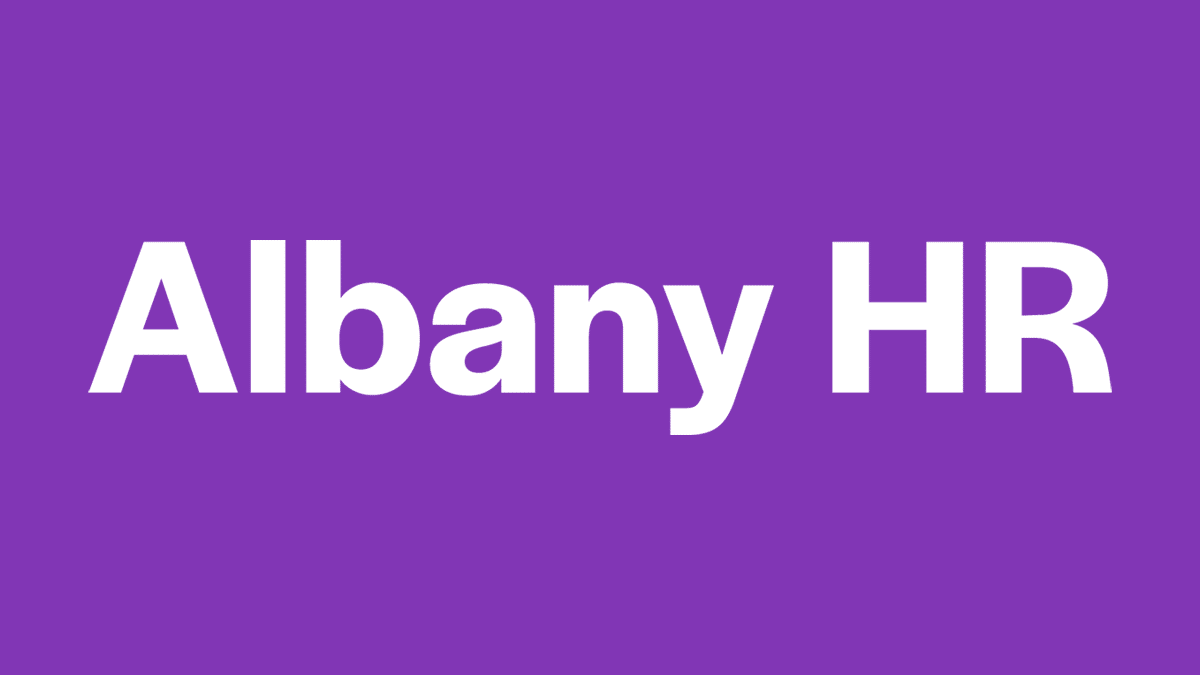Supporting Our Client Overcome High Sickness Absence Levels
Effective absence management is crucial for maintaining a productive and healthy workplace. However, for businesses dealing with limited HR resources or new managers unfamiliar with internal policies, it can be a challenge. This case study explores how Albany HR partnered with an independent school in Scotland to resolve high levels of absence within a specific team.
Background
Our client had a team within the organisation who had a high rate of employee absence – over 60% of the team were affected. Team members either had frequent short-term absences or were on long-term sick leave. This absenteeism wasn’t just a numbers game; it had an impact on the team’s productivity. Workloads became unevenly distributed, leading to stress and frustration for other employees. To compensate, the company was forced to incur higher costs through overtime and temporary staffing solutions.
An Absence management policy and procedure had been introduced earlier in the year, but the newly hired manager was unsure about where to start with such high levels of absence. An additional challenge arose due to the fact that the majority of the team members did not speak English fluently. This language barrier created a communication gap, hindering clear explanations of the new policy and efforts to understand the root causes of the absences.
Remit
Our consultant partnered with the manager in effectively addressing the team’s absence issue. To manage the high absence rates within the team, we focused on implementing the existing absence policy. This involved gathering comprehensive data on each absence case, including previous discussions, and ensuring adherence to policy guidelines. Regular check-ins with employees on long-term sick leave were initiated, and expert guidance from Occupational Health was sought when necessary. A detailed spreadsheet was utilised to track absences, identify trends, and report weekly to the leadership team.
We worked in partnership with the manager providing ongoing support and guidance on policy interpretation and absence management procedures. We offered comprehensive support to the manager in interpreting absence policy triggers and procedures. To aid in initial conversations with team members who we had absence concerns with, we created a dedicated wellbeing form. We provided hands-on assistance by attending meetings with employees and the manager before empowering the manager to conduct these independently. We discussed the need for external support such as the need for Occupational Health involvement when appropriate. Throughout the process, we emphasised compassionate, yet firm communication aligned with company policy.
To support those who did not speak fluent English we arranged for all relevant policies to be translated into their native language. We supported employees with a translator at meetings so the discussion was understood and questions could be asked for clarity.
To support a successful return to work for long-term absentees, we implemented tailored return-to-work plans, regular check-ins, and explored reasonable adjustments. For employees with frequent short-term absences, we established clear expectations and monitored absence patterns closely. Our collaborative approach not only reduced absence rates but also fostered a fair and consistent approach to managing employee absences.
Success
Through targeted support for the manager and a focus on policy adherence, we achieved a dramatic reduction in absences within the team, from over 60% to under 10% in just six months. By implementing clear systems and empowering the manager, we not only reduced absences but also enhanced team productivity and overall service delivery.
Conclusion
Albany HR successfully supported our client in addressing a critical challenge within their organisation. Through a combination of policy review, manager training, and data-driven insights, we achieved a significant reduction in employee absences. This case study demonstrates the positive impact of a proactive and customised absence management strategy on both employee well-being and overall business performance.
Albany HR’s expertise in navigating complex absence issues and providing tailored solutions can be a valuable asset to any organisation seeking to improve workforce productivity and employee satisfaction.
Let Albany HR be your partner in navigating the complexities of absence management, freeing you to focus on running your business. If you’re looking for support, let’s talk!

